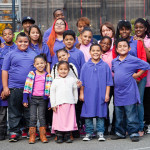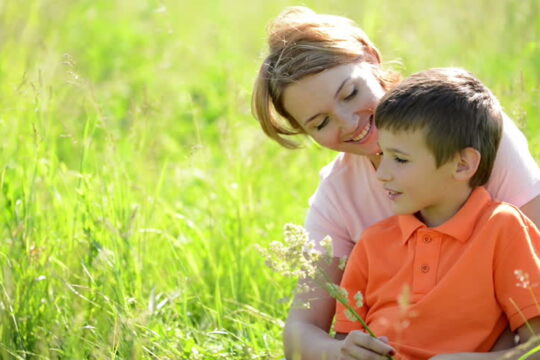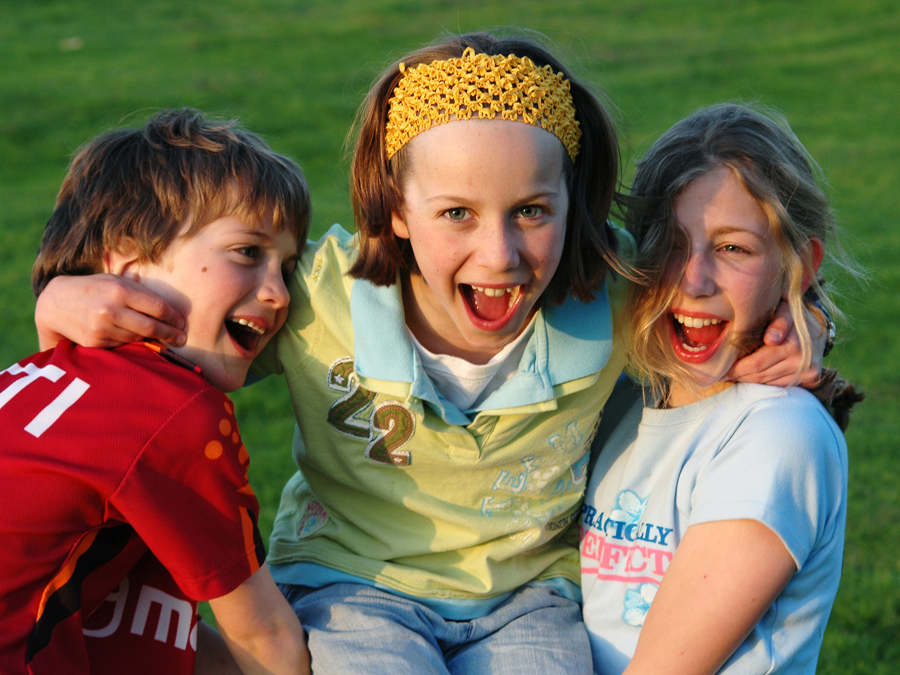Compliments make children happy. They love them and you can’t go wrong using them often. However, parents can impede their child’s progress by using the wrong kind of compliments.
Let’s first understand the difference between the appreciation and a compliment. Some parents think that appreciation and compliments are on the same level and that they stand for the same thing. However, the appreciation is offered mainly to a person and a compliment to the value that person created.
Are Parens Sending The Right Message To Their Children?
Often, appreciation is the cause for sending the wrong kind of message to a child, who may self-sabotage and hinder his development.
You can appreciate someone by saying things like, “thank you,” “great job,” or even “you’re the best,”. Nevertheless, a compliment takes it a step further by explaining the value the person provided that made you appreciate them. Compliments are a form of structured gratitude, which is proven to have extremely beneficial affects when applied properly.
The right kind of compliments make children happy, enthusiastic and determined to perform even better than before. The wrong kind of compliment can make your kid lazy and arrogant.
Two Types Of Compliments
 Research conducted by the University of Chicago and Stanford University, who followed 53 children for five years, shows that there is a wast difference in how the parents compliment their children. The research discovered that parents most often used two types of compliments – person compliments and effort compliments.
Research conducted by the University of Chicago and Stanford University, who followed 53 children for five years, shows that there is a wast difference in how the parents compliment their children. The research discovered that parents most often used two types of compliments – person compliments and effort compliments.
The person praise or compliments are type of compliments that are directed to a person, like “you are great”, “you are most intelligent” or “you are the best girl of all”.
The effort compliments are the type of compliments that are focused on the process praise and the effort the child brings into the process.
Person praise is made when parents compliment the child’s abilities and process praise occurres when parents compliment their children for their effort or actions.
The above mentioned research discovered that the children that received a person praise executed more poorly that the children that received process praise. The children who got person praise were more focused on themselves. When facing the problems, difficulties or even a setbacks, they were not so successful as other children who received a process praise.
Always Give Process Praise
Person praised children were more likely to give up on the problem solving games and challenges. Having a fixed mindset leads to decreased motivation and persistence in the face of challenges and setbacks.
However, the children that were given process praise, were more successful in solving problems. They were able to respond to setbacks with a positive attitude and effect, with higher persistence, and more positive self-assessments.
The children who received more person praise with years will develop a mindset that everything is fixed in their lives or the lives of other people. They believe that they can’t change who they are. For them everything about them is already fixed and unchangeable. In that way they also think of others.
But the children who received more process praise developed the mindset that everything and everybody can change and improve. Those with that mind of mindset are the people who change the world.
So instead of saying “you are a good drawer”, you can say “you did an excellent job drawing”.
How Parents May Unknowingly Harm Their Baby Girl For Life
 Also, there was one other, unexpected result of the research that surprised the scientists. Although all the children received quite equal amount of compliments by their parents, there was predominant number of person praise from parents to female children. Much more than to boys, who mostly got process praise from their parents.
Also, there was one other, unexpected result of the research that surprised the scientists. Although all the children received quite equal amount of compliments by their parents, there was predominant number of person praise from parents to female children. Much more than to boys, who mostly got process praise from their parents.
This indicates that parents unconsciously condition their female children to take the subordinate positions and expect more praise for who they are than for what they did.
All parents want their children to be happy. They should help children develop the belief that people can improve and change and that challenging tasks are there to provide opportunities to learn and develop further.
Child teaching process is an opportunity for proper child development. Yes, compliments make children happy, but he right kind of compliments will help them in their lives and make them better persons.
With proper child development and teaching in mind, a parent should offer person praise to his child, but the process praise should be more often given.
These 5 Daily Compliments Make Children Happy
 Here are five daily compliments that can help any child develop in the right direction:
Here are five daily compliments that can help any child develop in the right direction:
1. “I like how you …” (action, for example “caught that ball“, “draw that picture”, “tried to do that” or “made nice castle”).
2. “You are doing…” (encouragement, for example “a good job”, “a positive effort”, “a nice progress” or “a pleasant attempt”.
3. “I like/admire/respect/love the way how you…” (behaviour, for example “helped your sister”, washed your hands” or ”quietly closed the door”).
4. “That, my love/dear/sweetie is a good show/example/illustration of how… (good quality, for example “to tell the truth is the best”, “honesty pays on the long run”, “enthusiasm propels work forward” or “determination makes things done”
5. “I love you.”
Always, after given the compliment, a parent should say to a child “I love you”. These compliments make children happy and install in them the motivation to perform better and better.
Your comments are welcome!









